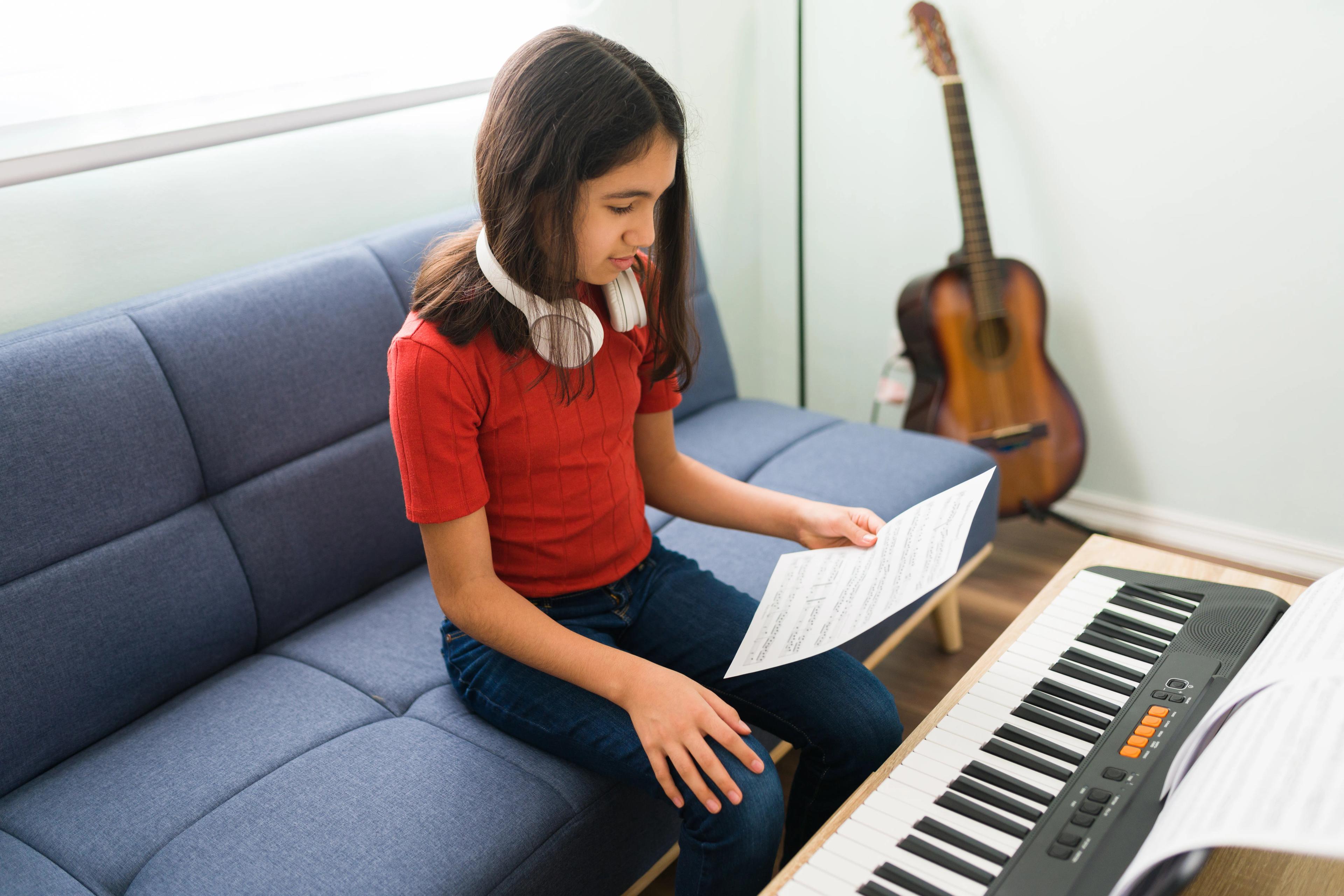Repetition is an essential element in child development within the Montessori educational approach. The age-old saying "practice makes perfect" applies particularly well to young children, as repeating activities and exercises helps them learn new skills, acquire knowledge, and achieve success.

For example, when a child is learning to walk, they repeat the process of crawling, standing, and taking steps until they can walk confidently. Similarly, in order to master other skills, such as reading or writing, repetition is necessary.
Repetition doesn't only mean repeating the same activity over and over again. It can take many forms, such as reading the same story multiple times, playing games that repeat a skill, learning from a peer, or passively observing other children as they learn. Additionally, repetition can also come from routine and predictability in the environment. When children know what to expect, they feel safe and secure, which allows them to focus on learning.
The science behind repetition is that it helps create neural connections in the brain. In adults, these connections are well-developed through repetition and practice, allowing them to do things with ease. In children, repetition helps them develop these connections and learn new skills.

Montessori education recognizes the importance of repetition in child development. The Montessori approach is designed to support repetition and practice through materials and activities that are specifically tailored for this purpose, as well as a predictable and orderly environment.
Repetition is also considered as a key symptom of ‘sensitive periods’ in
Montessori, which are times when children are most willing and able to learn a particular skill or knowledge area.
In Montessori, repetition is seen as the key to perfection, and by providing children with opportunities to repeat and practice, they are able to develop the skills and knowledge that they need for success in life.
Moreover, repetition not only helps in developing cognitive skills, but also improves the physical coordination, self-discipline, critical thinking, and internalization of concepts. It also develops the child's intelligence through higher order repetition, such as synthesis, analysis, and application.
In conclusion, repetition is an important element of Montessori education that helps children to learn and grow in an optimal environment. It is through repetition that children develop the skills, knowledge, and confidence they need for success in life.

